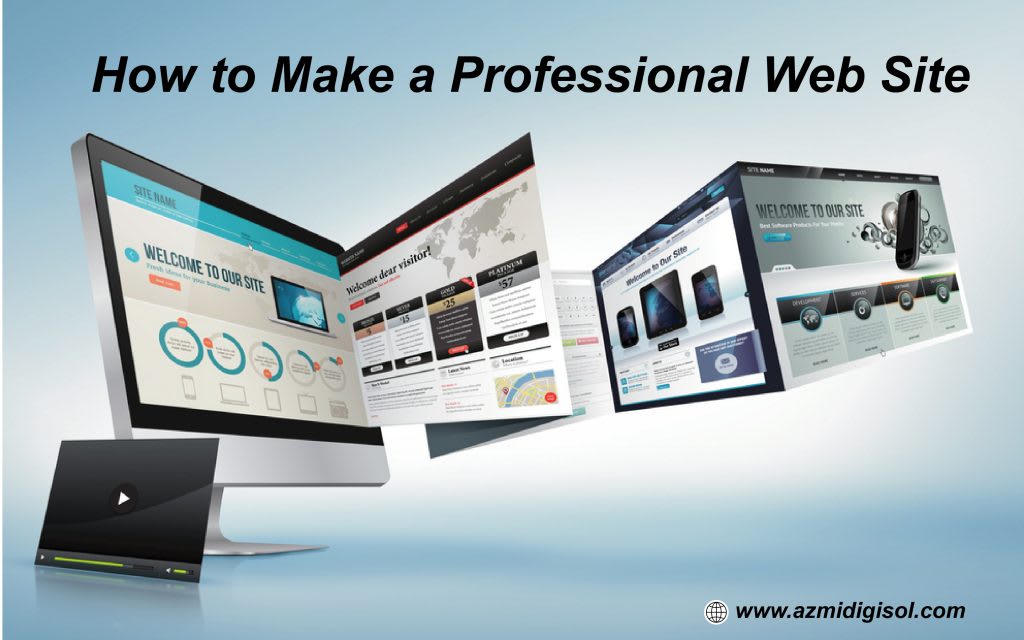What are Conservative Web sites?
Conservative Web sites

In the digital age, the internet has become a powerful platform for information dissemination and ideological expression. Conservatives play a significant role in shaping the political landscape by providing a platform for conservative perspectives and viewpoints.
In this article, we will explore the definition, characteristics, popular examples, influence, criticisms, and the future of conservative.
With the advancement of technology, the internet has become an essential medium for accessing news, opinions, and information.
Conservative web sites are online platforms that cater to conservative ideologies, beliefs, and values. These websites provide a space for like-minded individuals to gather, share, and engage with content that aligns with their political views.
Definition of Conservative Web sites
Conservative are online platforms that prioritize and promote conservative principles, ideas, and policies. They often focus on traditional values, limited government intervention, individual liberties, and free-market economics. These websites cover a wide range of topics such as politics, current events, culture, and social issues from a conservative perspective.
Characteristics of Web sites
Political Orientation
Conservative are primarily aligned with right-leaning or conservative political ideologies. They tend to support conservative political parties and candidates while advocating for policies that align with conservative principles. These websites may also critique liberal or progressive viewpoints and policies.
Content and Themes
Conservative cover various topics, including political news, opinion pieces, commentary, and analysis. They often highlight stories that are relevant to conservative audiences and present them through a conservative lens. Topics such as limited government, tax cuts, national security, traditional family values, and individual freedoms are commonly emphasized.
Target Audience
Conservative aim to attract a target audience that aligns with conservative values and beliefs. This includes individuals who identify as conservatives, right-leaning voters, activists, policymakers, and those seeking alternative perspectives to mainstream media narratives. These websites create a sense of community and foster engagement among their readers.
Popular Web sites
There is a wide range of web sites catering to different interests and preferences. Here are some popular examples:
News and Commentary Websites
Breitbart News
The Daily Caller
The Washington Examiner
Fox News
The Blaze
Think Tanks and Policy Institutes
The Heritage Foundation
The Cato Institute
The American Enterprise Institute
The Hoover Institution
The Federalist Society
Opinion and Commentary Blogs
National Review
Townhall
RedState
Hot Air
The Daily Wire
Influence and Impact of Web sites
Conservative have a significant influence on shaping public opinion, mobilizing support, and impacting political and policy debates.
Shaping Public Opinion
Conservative provide alternative narratives and perspectives to mainstream media, allowing conservative voices to be heard. They contribute to the diversity of ideas in public discourse and offer a platform for individuals to explore conservative viewpoints and arguments.
Mobilizing Support
These websites play a crucial role in mobilizing conservative supporters, organizing grassroots movements, and facilitating political activism. They often feature calls to action, fundraising campaigns, and opportunities for engagement with conservative causes.
Political and Policy Influence
Conservative we besties have the power to influence political agendas and policy discussions. They provide a platform for conservative politicians, policymakers, and experts to articulate Conservative Web sites their ideas, proposals, and policy recommendations.
Criticisms and Controversies
While conservative have their influence, they are not without criticisms and controversies.
Bias and Disinformation
Some critics argue that conservative webs its exhibit bias in their reporting and analysis. Accusations of misinformation, cherry-picking facts, and promoting conspiracy theories have been directed at certain conservative.
Role in the Spread of Misinformation
Conservative have been accused of being conduits for the spread of misinformation and disinformation. The rapid dissemination of false or misleading information through these platforms can have far-reaching consequences for public discourse and democratic processes.
The Future of Web sites
As the digital landscape continues to evolve, web sites will likely adapt and innovate to reach a broader audience. They may explore new formats such as podcasts, video content, and interactive platforms to engage their readers. The influence and impact of web sites are expected to persist as long as there is a demand for conservative perspectives and alternative voices.
Conclusion
Conservative provide a platform for conservative ideologies and viewpoints to thrive in the digital age. They shape public opinion, mobilize support, and influence political and policy debates. However, they are not immune to criticisms regarding bias, disinformation, and echo chambers. As the internet continues to evolve, the future of conservative web sites will rely on their ability to adapt and engage with a changing audience.





Comments
There are no comments for this story
Be the first to respond and start the conversation.